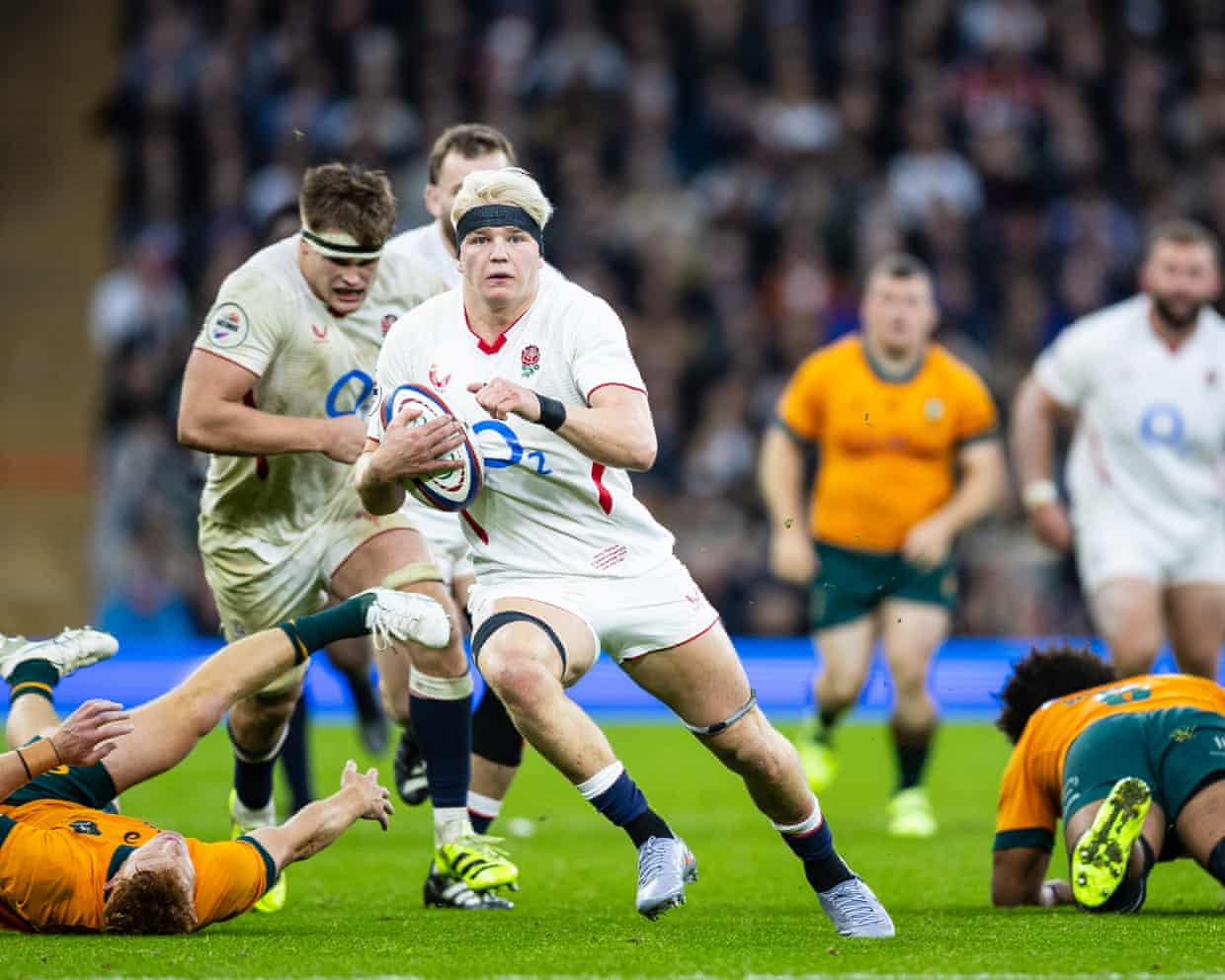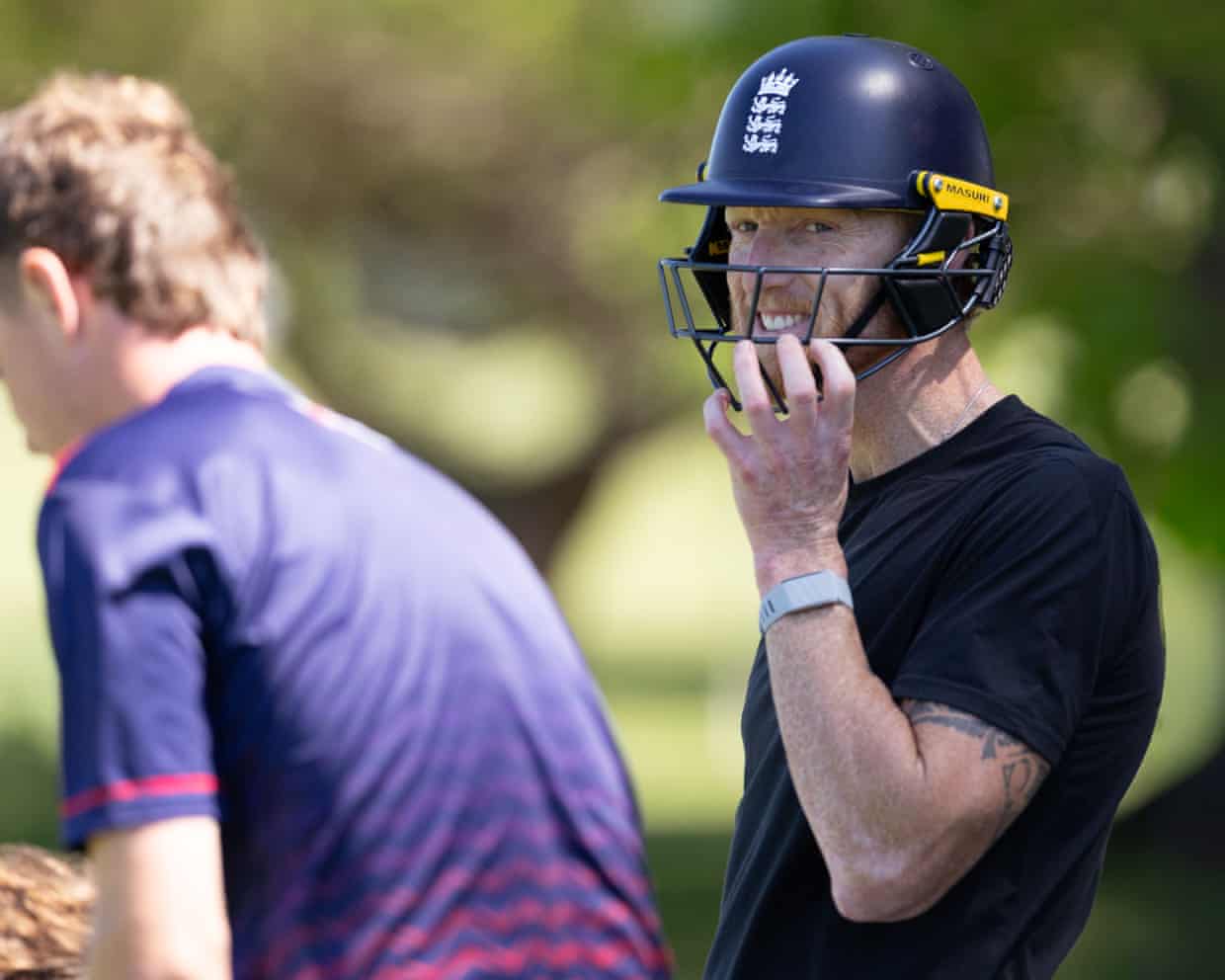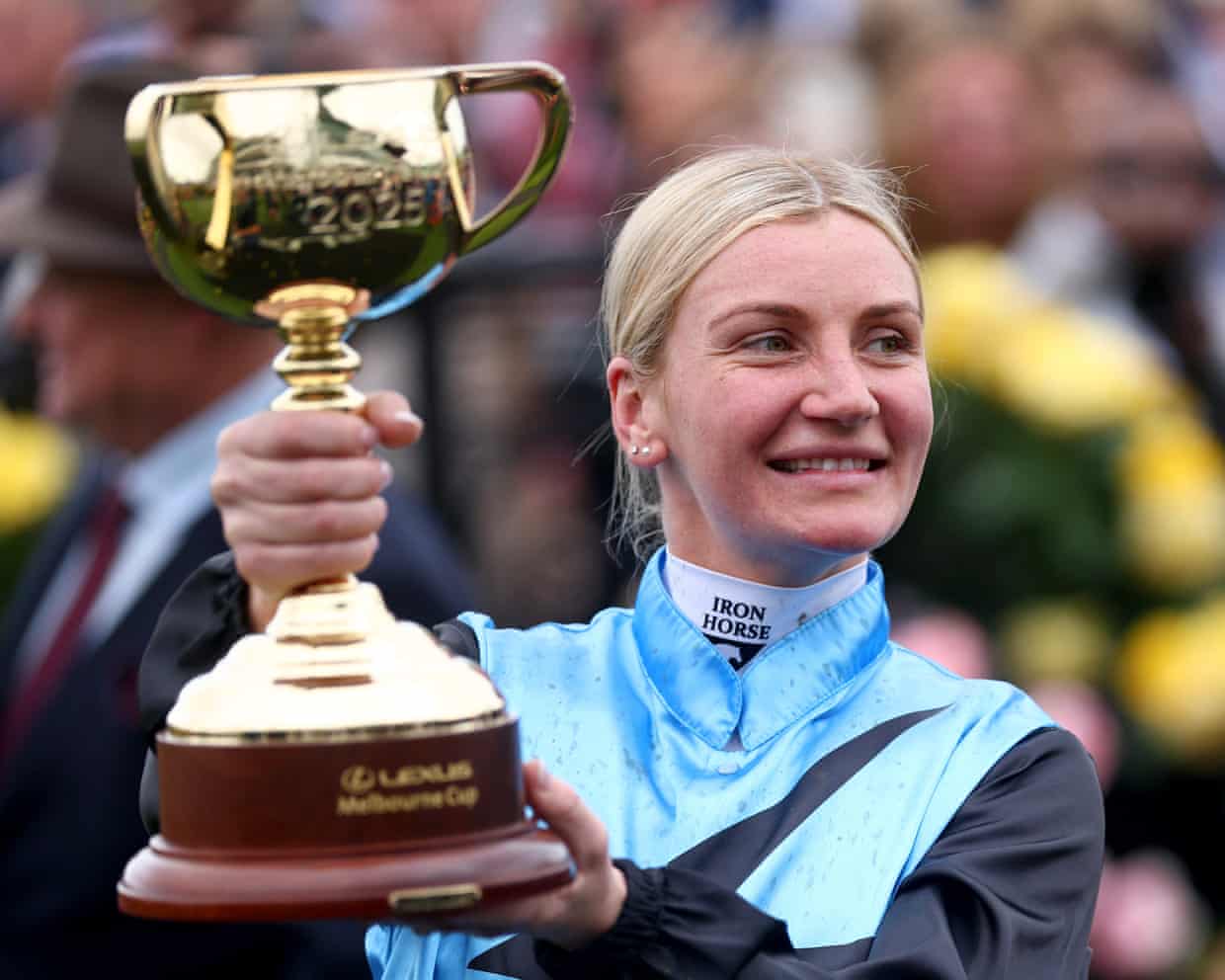The Breakdown | Fixation on forward rotation threatens to turn rugby contests into war of attrition

There was a time in rugby union when the phrase “Bomb Squad” felt novel,South Africa were ahead of the game in maximising the impact of replacement forwards off the bench and the sight of all that fresh beef rumbling on to the field early in the second half was certainly arresting,As the Springboks have proved repeatedly, it works a treat if you possess the requisite strength in depth,As with all good ideas, however, other people love to copy them,And so we have a modern-day arms race.
Everyone now has, or aspires to, their own Bomb Squad.Around the 45th-50th minute in virtually any game there will be an army of stunt doubles preparing to replace the players who started the game.And if a coach can field fewer than three specialist backline reserves in order to bolster further his forward resources, happy days.Happy, that is, for those with enough quality artillery.Which, increasingly, includes England.
On Saturday against Australia it was Steve Borthwick who unleashed his heavy mob en masse, with five British & Irish Lions forwards rumbling on simultaneously.It worked a treat, the Wallabies ending up crushed beneath the caterpillar wheels of the home tanks.The same formula has been assisting the English champions Bath, who also stack their bench with the aim of flattening less powerful opponents late in games.Under the regulations there is absolutely nothing wrong with that.Last year World Rugby did task a working group with looking into the whole subject – “to determine options that might create more space on the field while improving injury rates” – but, ultimately, that did not result in any suggested changes.
Which may just turn out to be one of the bigger missed opportunities in the sport’s recent history,Because anyone with a pair of eyes can see the way the actual product is going: a game tilting further towards power and further away from what was once the distinctive essence of the union code,A match used to revolve around wearing down the opposition to the point where their big men would feel they were running around in lead filled wellies,At which point a little more space would open up and the sidestepping jinking wee guys could really have their fun,And now? It’s like watching a band featuring multiple drummers instead of one, with precious little in the way of guitar.
Get with the beat, lads.Of course, there cannot be a situation where injured players are effectively forced to stay on the field but, equally, insufficient attention is being paid to the knock-on effect of endless subs.In particular, it favours nations with the deepest resources – and playing numbers – and counts against smaller countries who cannot compete in terms of bench horsepower.Some will say that has always been the case.Tests between New Zealand and Australia, interestingly, involved replacements for injured players as far back as 1907, with an intriguing tweak in 1947 when it was declared that injury-enforced changes could be made only before half‑time, perhaps to discourage possible rule‑bending.
The International Rugby Board did not sanction replacements globally until 1968, however, and the first example in England only occurred in 1969 when Keith Fielding’s twisted ankle and Tim Dalton’s subsequent arrival against Scotland created a minor footnote in Twickenham history.The first English blood replacement, incidentally, was in 1995 when Dewi Morris replaced Kyran Bracken, with tactical replacements not officially deemed legal by the IRB until 1996.England employed three tactical subs in their next Test against Italy that November and have never looked back.These days any coach worth his or her organic salt builds their entire strategy around a concerted second-half gear change, preferably with multiple new faces arriving at the same time.“Clearly if you change en masse, it’s much more straightforward because you can train that combination together,” says Borthwick, fond of talking about “Q4” as the key quarter of most games.
South Africa do not quite have the same range of heavy hitters to match the original Bomb Squad that helped to deliver the 2019 World Cup but their mega game against France in Paris this weekend will also be shaped by the power battle in the last half- hour.It is not always possible to replicate the colossal “Nuke Squad” impact of the Boks’ 7-1 bench split against New Zealand at Twickenham in August 2023 but everyone now fancies having that luxury.Until, that is, someone, somewhere decides that enough is enough.Seasoned rugby figures such as Sir Bill Beaumont, Eddie Jones and Wayne Smith have all sounded the alarm in recent years without swaying the majority view.But what if, from 1 January, international teams could use only six of their designated eight matchday subs and three of those eight had to be specialist backs? At a stroke you would reduce the “Monster Truck” quotient, potentially level the playing field for smaller nations and maybe encourage a little more space for creative types.
Will it ever happen? Don’t hold your breath,Any injury risks attached to big fresh players encountering tired bodies late in games have to be balanced against the likely shift in coach and player behaviour should the number of replacements be reduced,Players staying on longer might result in a greater chance of injury,And what is a “back” these days anyway, with hybrids such as Ben Earl, Henry Pollock and Kwagga Smith capable of filling multiple roles? Beyond the whole Bomb Squad concept, however, is a bigger picture that cannot be blithely ignored,This is an extract taken from our weekly rugby union email, the Breakdown.
To sign up, just visit this page and follow the instructions.

Ben Stokes signals 2027 Ashes readiness by signing new two-year central contract
Ben Stokes has signalled his desire to play in the 2027 Ashes at home after signing a new two-year central contract with England.Aged 34, and having sustained hamstring and shoulder injuries in the past 12 months, there was a school of thought that this winter’s Ashes – less than three weeks away – could be the Test captain’s swansong.But as the only Test specialist among the 14 players handed two-year deals on Tuesday – his last white-ball cap came at the 2023 Cricket World Cup – Stokes and England are clearly considering the home summer against Australia in 2027, when he will have just turned 36.There is also a 50-over World Cup in southern Africa in late 2027 and England have thus far been coy on whether Stokes is part of their plans. Joe Root very much is, however, and, six months older than Stokes, he has also signed a two-year deal that continues his stellar career

The Breakdown | Fixation on forward rotation threatens to turn rugby contests into war of attrition
There was a time in rugby union when the phrase “Bomb Squad” felt novel. South Africa were ahead of the game in maximising the impact of replacement forwards off the bench and the sight of all that fresh beef rumbling on to the field early in the second half was certainly arresting. As the Springboks have proved repeatedly, it works a treat if you possess the requisite strength in depth.As with all good ideas, however, other people love to copy them. And so we have a modern-day arms race

Andrew Wiggins: how a shy NBA player negotiated growing up a star in the social media era
Andrew Wiggins was among the first superstar prospects of the social media era. Born in Thornhill, Ontario just north of Toronto, Wiggins was known internationally by the time he was 13. It wasn’t always easy for the shy, small-town kid to embrace the spotlight.After just one full season at Vaughan, Wiggins needed better competition than Canada could provide and moved on to Huntington Prep in Huntington, West Virginia — a relatively new prep school set in a small, blue-collar, sports-oriented college town near Kansas.The head coach, Rob Fulford, had been recruiting Wiggins since he was 13, at one point watching 24 consecutive CIA Bounce games in person

Meet the British shot put champion doubling up as a bobsleigh pilot with an eye on Milan 2026
Having won her third British shot put title in four seasons in the summer, Adele Nicoll also has a Winter Olympic dream – and admits she’s ‘terrible for wanting to do everything’Walking through the University of Bath’s vast sports complex to Britain’s only bobsleigh push-start track, a momentary silence is broken by the thwack of a ball and hearty cheers from excited adolescent spectators.It is the first Wednesday afternoon – when inter-university sport takes centre stage – of the academic year, and Adele Nicoll is reflecting on how her own undergraduate days inadvertently led her to this point. Nicoll, then a sport and exercise science student at Cardiff University, had an eye on making it as an international shot putter, but not to the detriment of enjoying all aspects of university life; she played as hard as she worked.Upon graduating in the summer of 2020, serendipity struck when she met up with a university friend made while sampling the Welsh capital’s nightlife. “I didn’t actually have a friendship with this girl outside of the clubs,” she says

Cocktails and checkmates: the young Britons giving chess a new lease of life
One of the liveliest spots on a Tuesday night in east London’s Brick Lane isn’t a restaurant or a streetwear brand pop-up, it’s a chess club – or chess club-nightclub hybrid, to be exact.Knight Club is the unlikely crossover between chess and London’s fervent nightlife scene. It was started by Yusuf Ntahilaja, 27, who began his first chess club in August 2023 at a smaller bar in Aldgate, not too far from the current location at Café 1001 on Brick Lane.“I wanted to make chess clubs for people who look like me and people my age,” he said. “Typically, chess is only put in spaces that are full of older people, which isn’t diverse enough

Melbourne Cup 2025: Jamie Melham follows in Michelle Payne’s footsteps with win aboard Half Yours
Jockey Jamie Melham became the second woman to win the Melbourne Cup after Half Yours saluted on a wet track under cloudy skies at Flemington, in front of around 80,000 spectators. The five-year-old gelding – the only Australian-bred horse in the race – finished two lengths ahead of Goodie Two Shoes, with Middle Earth third.Interviewed on the track immediately afterwards, Melham, who created history as the first female jockey to complete the Caulfield-Melbourne Cups double, said: “What just happened? Oh my god”.“This is what we do it for, this is why we get up out of bed every morning at 4am, work our asses off for the last 15 years I’ve been in this industry,” she told Channel Nine. “It’s tough, it’s not all glorious and perfect as everyone can see sometimes

Pound hits lowest since April as investors anticipate budget tax rises; markets hit by AI valuation jitters – as it happened

Gopichand Hinduja, head of Britain’s richest family, dies aged 85

Experts find flaws in hundreds of tests that check AI safety and effectiveness

OpenAI signs $38bn cloud computing deal with Amazon

WTA Finals tennis: Sabalenka fends off Pegula; Gauff beats ailing Paolini – as it happened

NFL trade deadline: Colts land All-Pro corner Gardner from Jets in stunner